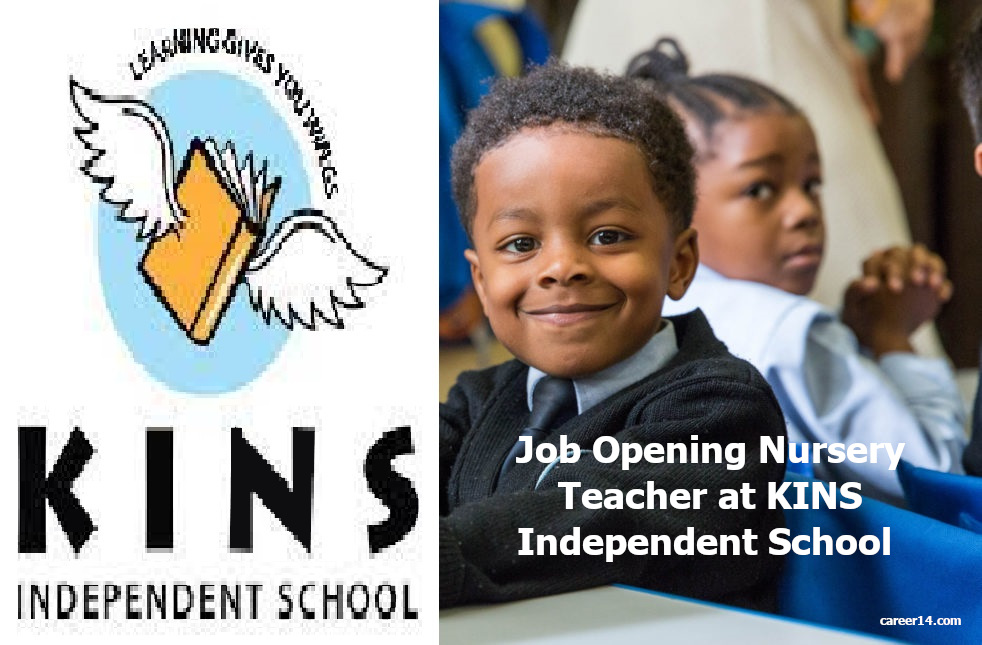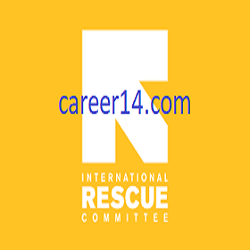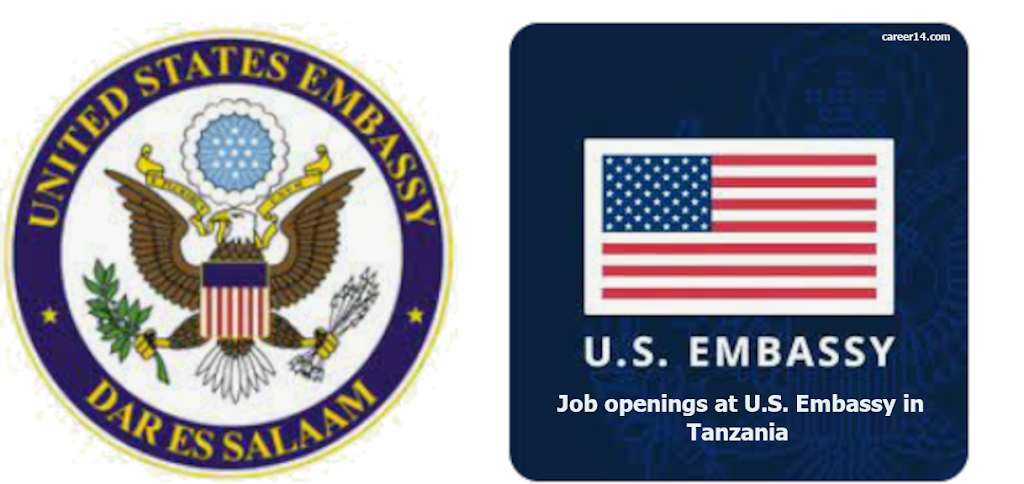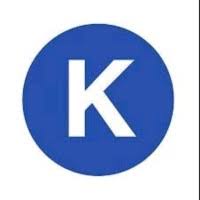Principal Investigators at International Rescue Committee IRC 2023
Background of the project
Job Description
The Purpose of Research
In Tanzania, Research for PlayMatters will have two main components: A longitudinal study and implementation research. The longitudinal study will examine the extent to which the pre-primary PlayMatters packages support children’s primary school readiness and retention. Cohorts will be traced throughout the life of the PlayMatters project, with least three waves (comprised of baseline and endline) of data collected, per school calendar year.
Implementation research will be done to investigate the extent to which the PlayMatters project packages are implemented with quality (including fidelity/adherence, competencies/skills, etc) in the selected schools. Questions on what motivates and enables educators to adopt Learning through Play approaches in their classrooms with fidelity and quality will be addressed. Each school year will include a baseline and endline data collections (with midline data collection only if necessary) for both the longitudinal and implementation studies’ school samples during the 2022-2023, 2023-2024, and 2024-2025 school years. Data collection will include holistic development measures for children along with behavioral change elements for educators, systems actors, and community members using qualitative and quantitative tools.
Scope Of Work
- The Local Principal Investigators will work with IRC country program team and the Regional PIs to carry out the research.
- Tasks Include
- Preparation and Planning
- Participate in research team meetings convened by the IRC country program and Regional PIs
- Review project documents
- Refine research questions and contribute to research designs
- Contribute to the identification and screening of case study schools screen potential case study
- In collaboration with others, support the development, review and contextualization of data collection instruments
- Ensure, in collaboration with Regional PI, approval of local ethics protocols and IRB (Institutional Review Board) review of study
- Active participation in ongoing communication with the IRC team and points of contact (study co-Principal Investigators, PlayMatters Technical Lead, Education Coordinator, Senior Education Manager – Research, Deputy Director of Programs HR and Operation teams) throughout the course of the studies.
Data Collection
- Participate in the data collection preparation workshop including cognitive pre-testing and piloting of data collection instruments
- Lead ethnographic research in case study selected schools, using diverse methods, with the support of an interpreter, research assistants and/or enumerators, including detailed daily documentation of all observations and activities and backup of electronic data.
Data Analysis, Validation of Findings and Dissemination
- Clean and carry out analysis of qualitative data from case study school, according to an analysis framework, using computer-assisted qualitative data analysis software (nVivo or Dedoose) provided by PlayMatters
- Supervise and provide data quality assurance during quantitative data collection and support quantitative data cleaning including learning assessments and other surveys.
- Support the Regional PI to design and facilitate a country-level writing and interpretation workshop to validate findings with IRC and partner staff and stakeholders.
- Lead country-level reporting and interpretation of findings of quantitative and qualitative studies, supported by regional PI and Country program teams.
- Review and provide feedback to the final cross-national research reports.
- Contribute to research and policy briefs with country-level and regional level findings for key local stakeholders (may be in English and/or Kiswahili).
- Contribute to additional dissemination efforts by writing blogs (one per year), articles for submission to peer reviewed journals, and conducting other presentations of findings at conferences and other relevant forums.
- This consultancy starts in March 2023.
Deliverables
- PI & CO PI
- IRB application for all research studies
- Clean case study dataset with all qualitative data (transcripts, pictures, video, etc.) and coding dictionary and schemes
- Wave 1, Wave 2, and Wave 3 longitudinal research reports
- Implementation research yearly reports (for the school years 2022-2023, 2023-2024, and 2024-2025) with summary of qualitative and quantitative results
Qualifications
Payment Rate and Schedule:
- Active participation in preparation of the IRB submission and IRB certificate – 10%
- Implementation research and Longitudinal research reports for Year 1, and submission of clean dataset and materials of qualitative analyses – 20%
- Implementation research and Longitudinal research reports for Year 2, and submission of clean dataset and materials of qualitative analyses – 20%
- Implementation research and Longitudinal research reports for Year 3, and submission of clean dataset and materials of qualitative analyses – 20%
- Final research activities summary report covering all years, to be defined mid-project – 20%
- Dissemination products (short blog, presentations, etc.) used throughout the life of the project – 10%
Profile of consultant(s)
- To the greatest extent possible, the researchers must be registered under accredited academic or research institution. Experience in educational research is necessary. IRC will strongly consider researchers from diverse backgrounds. The IRC particularly welcomes expressions of interest from seasoned consultants, individuals or firms in academia, social research, or humanitarian evaluation with a background in humanitarian aid, conducting longitudinal studies, child education and development, or other related fields.
The Profile Of Both Consultants Should Include
- IRC is considering two positions for this TOR, one with a qualitative profile and one with a quantitative profile. Consultants can apply in teams or individually, but teams are highly encouraged. If the application is individual, the applicant needs to identify whether they have qualitative or quantitative expertise.
- Master’s degree or higher in early childhood education, development, humanitarian work, social work, or international relations. PhD preferred.
- A minimum of 10 years of progressively responsible work experience in education research in Tanzania. Experience in humanitarian settings is highly desirable.
- Experience working with Tanzania education ministries and institution
- Experience conducting education studies and writing reports that are gender and inclusion sensitive.
- Experience conducting research in emergency or conflict affected settings is preferred.
- Excellent analytical and writing skills in English.
- Track record of publications in national and international journals.
- For the qualitative profile: In-depth knowledge of qualitative research methods is required. Advance Knowledge of Nvivo and/or Atlas.Ti and/or Dedoose is essential.
- For the quantitative profile: Advanced knowledge in quantitative research methods is a plus. Experience in multi-level modeling and advanced knowledge in Stata is essential.
General conditions
- The consultant must be from a registered and accredited academic or research institution and must register the project to his/her academic/research institute
- The institutional overhead will be paid by the consultants to their academic/research institution
- The consultant will carry out field-based data collection in Kigoma region.
- While at the field, the consultant will be required to abide by IRC policies, security protocols and guidelines.
- The consultants will conduct his/her work using his/her own laptop. Additionally, the IRC will provide researchers with a tablet with audio recorder, camera and video camera and a flash drive.
- A team of two can apply for this consultancy
- Terms of payment will be upon deliverables.
- Final payment of consultant will be remitted upon satisfactory submission of agreed deliverables.
To Apply
- CV and cover letter, highlighting research consultancies in the field of education (10%)
- Peer-reviewed publications or final consultancy outputs (30%).
- Each consultant should submit two publications and/or technical reports they are proud of, reflecting their methodological expertise. Ideally, publications would also be in the field of education.
- Shortlisted candidates will also be invited to participate in a written test and an interview.
- Written test (25%)
- Panel Interview (35%)







